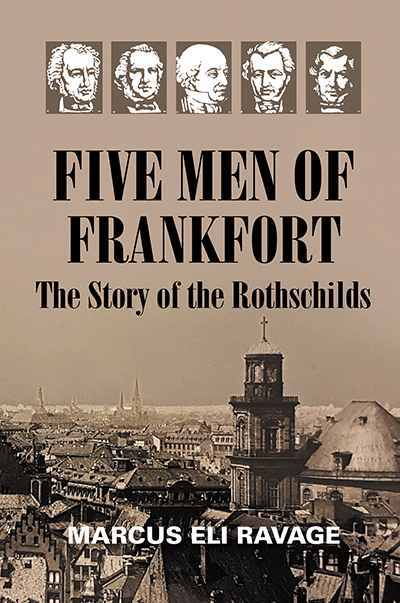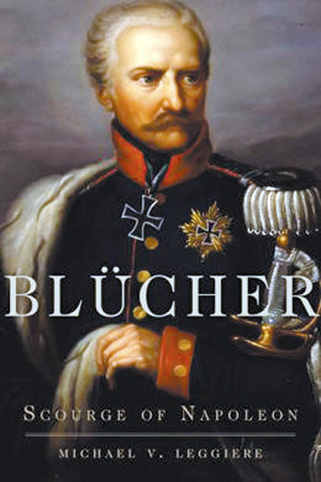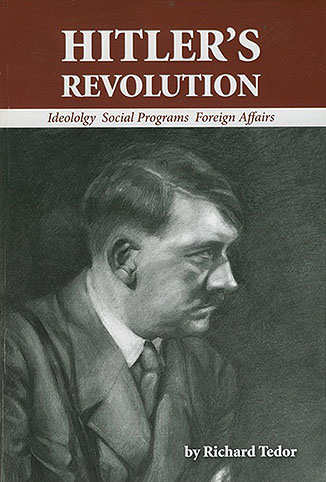Description
Few Jewish names in the history of Europe have attracted more fame, more conspiracy theories, rumors, and mystery than the name Rothschild. This biography, written by a leading Jewish historian, pulls no punches in telling the true story of the banking dynasty, once known as the “financiers of nations.”
Cutting through all the myths and exaggeration which have surrounded the Rothschilds, Five Men of Frankfort reveals how the four Rothschild sons spread throughout Europe—to London, Paris, Vienna, and Naples, to set up a banking network which inaugurated the system of moving money internationally through simultaneous deposits and withdrawals.
The first important Rothschild customer was the Elector of Hannover, who entrusted his fortune to the Rothschilds as he fled Napoleon’s army. This fortune was then used by the London-based Rothschilds Bank to profitably invest in British bonds—and so began the Rothschild ascent into the world of international finance. This study reveals in detail the double-cross of Napoleon’s France—which saw the Rothschilds finance the British army in Spain by literally smuggling the cash across France into Iberia using their secret network.
British indebtedness to the Rothschilds for their help in defeating Napoleon was then exploited by getting the British government to persuade the other nations of Europe—including the Austrian, Prussian, and Russian governments—to start using the Rothschilds as bankers and as the providers of their national loans and debt.
The ruthless competition—which saw their major Gentile rival in Austria commit suicide after his concern was run into the ground—is revealed, along with the way in which the Rothschilds effectively blackmailed their way into being granted nobility status by the Austrian and British heads of state.
Although this book ends its narrative at the beginning of the nineteenth century, this new edition has three new appendices which reveal the full extent of the Rothschild business empire to the present day. These appendices reveal in an astonishing amount of detail how this Jewish family from Frankfort ended up loaning money to governments on five continents, and their role in modern-day financial transactions across the world.
This book strips away the myths which surround the Rothschilds, and provides a sober assessment of why this banking house has become the foremost subject of conspiracy theories around the globe.
About the author: Marcus Eli Ravage was a Romanian Jew (original name Revici) who was born in 1884 in the town of Barlad, Romania. At an early age he immigrated to America and became an accomplished author and writer about immigration and international affairs.
He documented his own arrival in America as a Jewish immigrant in the 1917 book, An American in the making: The life story of an immigrant, and then followed that up in 1919 with the book, The Jew pays: a narrative of the consequences of the war to the Jews of eastern Europe, and of the manner in which Americans have attempted to meet them.
These two works established his reputation as an author on Jewish affairs, although he wrote other works on political matters: The malady of Europe, 1923; The story of Teapot Dome, 1924; Five men of Frankfort: The story of the Rothschilds, 1934; Empress Innocence: The life of Marie-Louise, 1931.
Ravage died in 1965 in France.
Softcover, 344 pages


